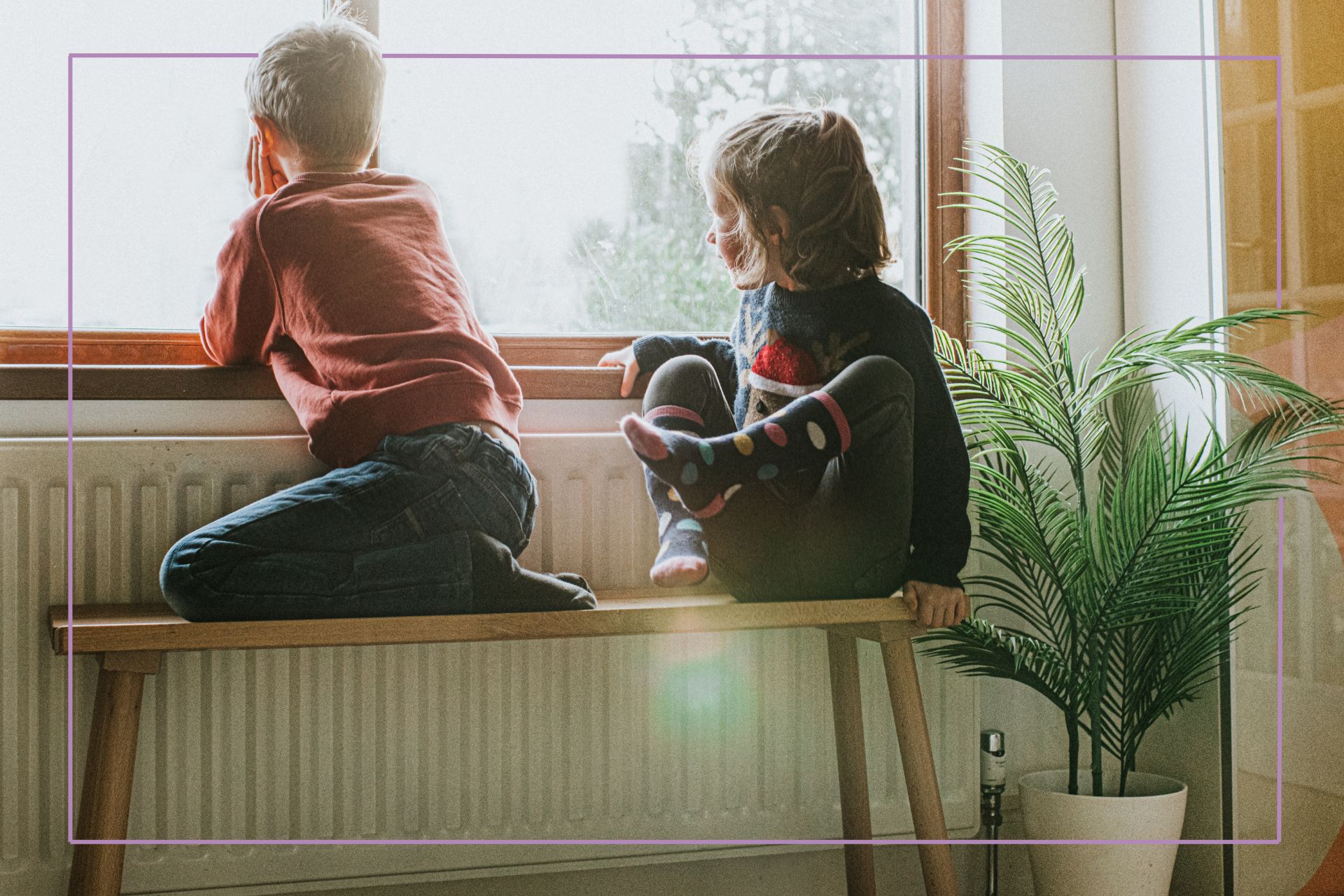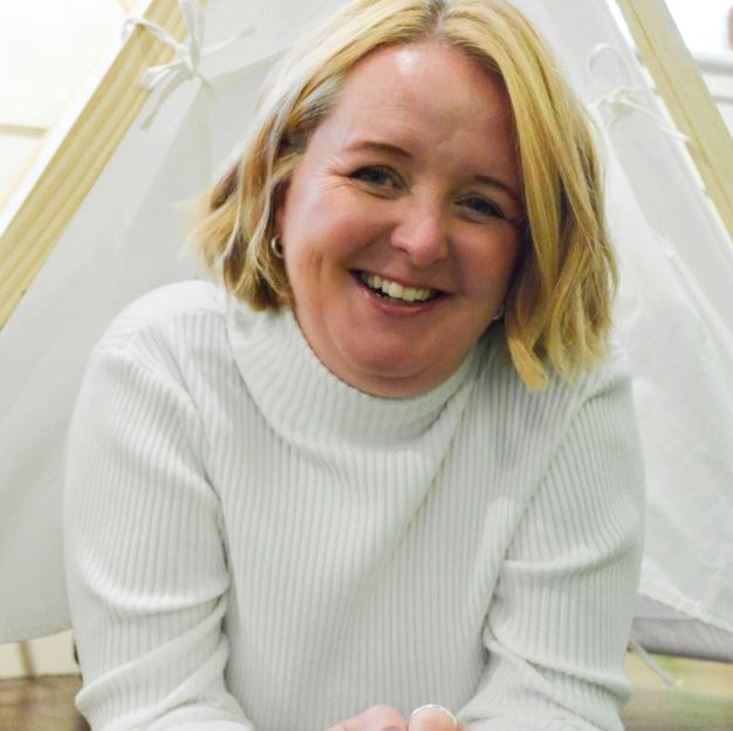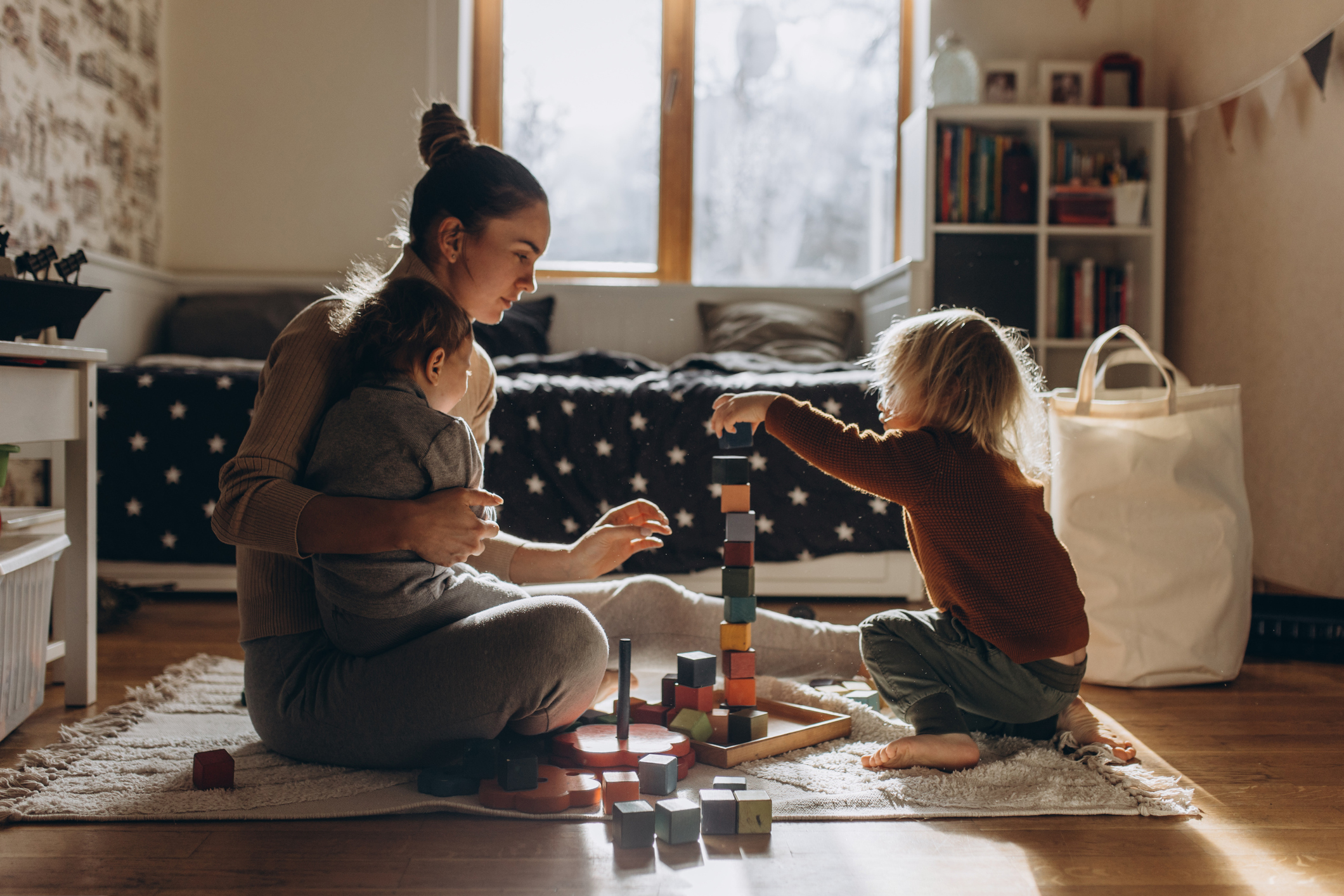Struggling to keep the kids entertained? Turns out, your child being 'bored' might be the best thing for them, says a child development expert


We’ve all been there – you’re pulling your hair out to cries of ‘we’re boooorrred!’ and before you know it you’re at your wits end and turning to the internet to buy the latest gadget on the speediest delivery timeframe. But stop, take a read before you press buy...
Before you make a potentially rash toy purchase, or call your friend to arrange a playdate, take a step back, because these moments of ‘I’m bored’ could actually be a wonderful thing for your child’s creative development and childhood resilience. As a grown-up, it's time to reframe, don't think of boredom as the enemy or as something that has to be fixed immediately and head-on.
Family editor at GoodToKnow Stephanie Lowe knows this feeling, she tells me; "My son Ted is 6 and an only child so I get 'I'm bored' and 'I can't play on my own' on loop over weekends, and on school holidays it kicks up a notch. It takes everything in me to not immediately fix it. Instead, I say things like 'I hear you, you're bored. But I know you can think of something to do. And if you can't it's okay to feel bored. Feeling bored is sometimes where our best ideas come from'. Using these phrases sometimes lands how I want which is great and he wanders off and finds something to do, admittedly only for like 10 minutes, but it's baby steps right?"
And I agree, as a child development expert and play advocate I know that being bored can be a brilliant gateway to a whole world of imagination and innovation. Running multiple play sessions and research focus groups for toy brands over the years I've seen first-hand how letting kids simply ‘sit’ with their boredom can lead to some interesting creative projects and valuable free play experiences. It’s our responsibility, as parents, to inspire our young people to help them thrive, rather than chase them through an endless list of things to keep them entertained with not a minute unaccounted for.
I’m not the only one who believes a bit of boredom can be brilliant. There’s extensive research that backs all of this up. A study in the British Journal of Psychology examined the relationship between boredom and creativity, and it found that individuals who experienced boredom were more likely to engage in activities that foster creativity and personal growth, and children that are bored are actually better at problem-solving and thinking outside the box.

The next time your child complains about being bored, fight your initial instinct to pressure yourself to immediately tackle it. I believe there’s an unspoken, almost cultural, pressure put upon us where we feel that our children should be constantly entertained, or have something structured to do. As a result, we fill any downtime with endless activities, or outings and worry that if we have nothing planned for them we’re at best going to have them rampaging through the house whinging, or at worse we will feel like we have let them down and we’re failing as parents or carers if we don’t keep them entertained.
Being bored needn’t be destructive, in fact it can actually be a force for good and also a golden opportunity that should be encouraged. Imaginative play is an essential part of childhood, making our young people more resilient and creative, whether it’s making a fort out of cushions and an old bed sheet over a chair back, or inventing a puppet show with their soft toys, the possibilities for adventure and storytelling are endless.
GoodtoKnow Newsletter
Parenting advice, hot topics, best buys and family finance tips delivered straight to your inbox.
I appreciate it’s hard. It might be raining outside, or you’re tired after a long week and you’re running low on creative ideas and energy. One way though to spark your child’s imagination and embrace the boredom is to suggest open-ended activities that will spark their little minds into harnessing fun and adventure so don’t feel it’s always on you to come up with the ideas. A way to spark interest involving little effort from yourself is to have an open chat about things they can do. For example, you could say something like ‘what do you think would happen if we turned this empty box into a robot?’ or ‘can you draw me a picture of a superhero that saves the day?’
"I believe there’s an unspoken pressure put upon us where we feel that our children should be constantly entertained, or have something structured to do."
By asking open-ended questions, you empower your child to take ownership of their playtime or free time and tap into their natural creativity, whilst taking the pressure off yourself if you’re juggling chores or trying to finish a work task, which makes it a win-win for everyone. A study released by the Journal of Experimental Child Psychology found that most children used social stimulation strategies, for example, asking a parent to play with them as a means to coping with boredom. When the kids are clamouring for your attention, other prompts you could try might include the following
"There’s some leftover kitchen and loo roll tubes in the recycle bin. What do you think you could make out of them?” or “Look at that bird outside, if you could be any bird what would you be and why?” or “If you could create your own theme-park ride what would it look like and what would you call it” Open-ended play suggestions needn’t be loaded with structure, but are likely to inspire them to want to get thinking and make things, draw, create and explore new ideas.
For any sceptics out there, don't just take my word for it. Give it a try and flip boredom on its head - trust me, you won't be disappointed. Just embrace the boredom and watch your kids' imaginations soar. It's a real win-win for everyone.
See more of Dr Amanda Gummer's work across our site from the helpful Why do boys play with trucks? to the insightful 3 stages of play every kid needs not forgetting her four expert-approved ways to support autistic play - a great read!

Dr Amanda Gummer has a PhD in Neuropsychology, the Postgraduate Certificate in Higher Education and more than 20 years’ experience working with children and families. As such, she is renowned as an expert on all aspects of child development, including toys and play. In 2012, she founded The Good Play Guide, an independent, expert accreditation service for children’s products, including toys, apps and more.